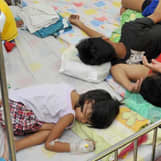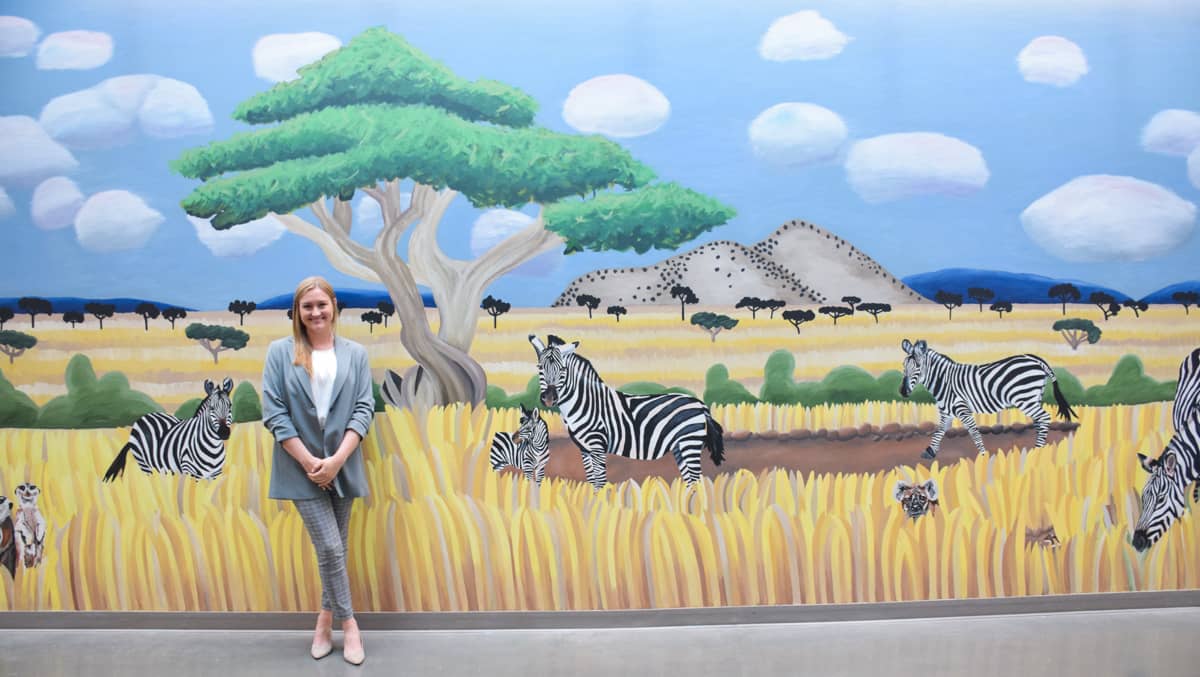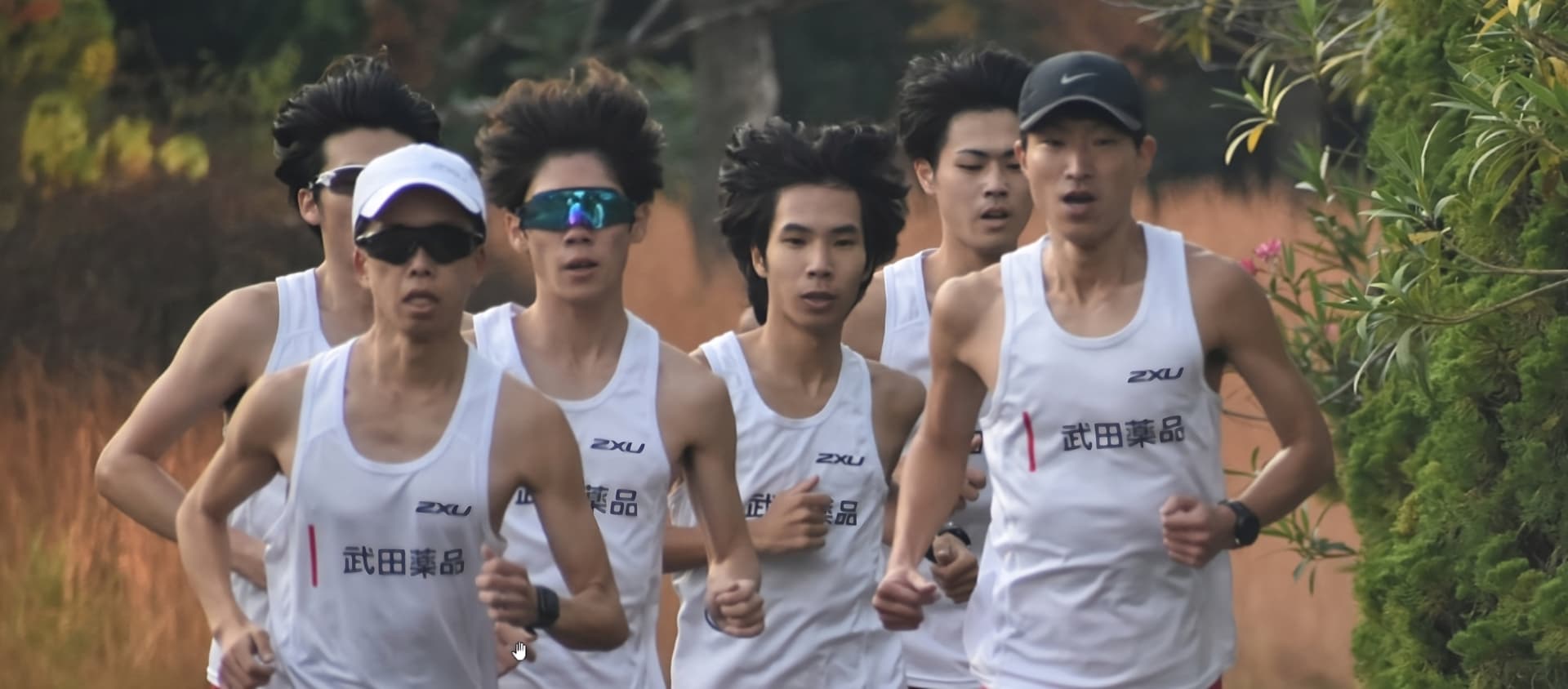Haunted by dengue, she fights social inequities
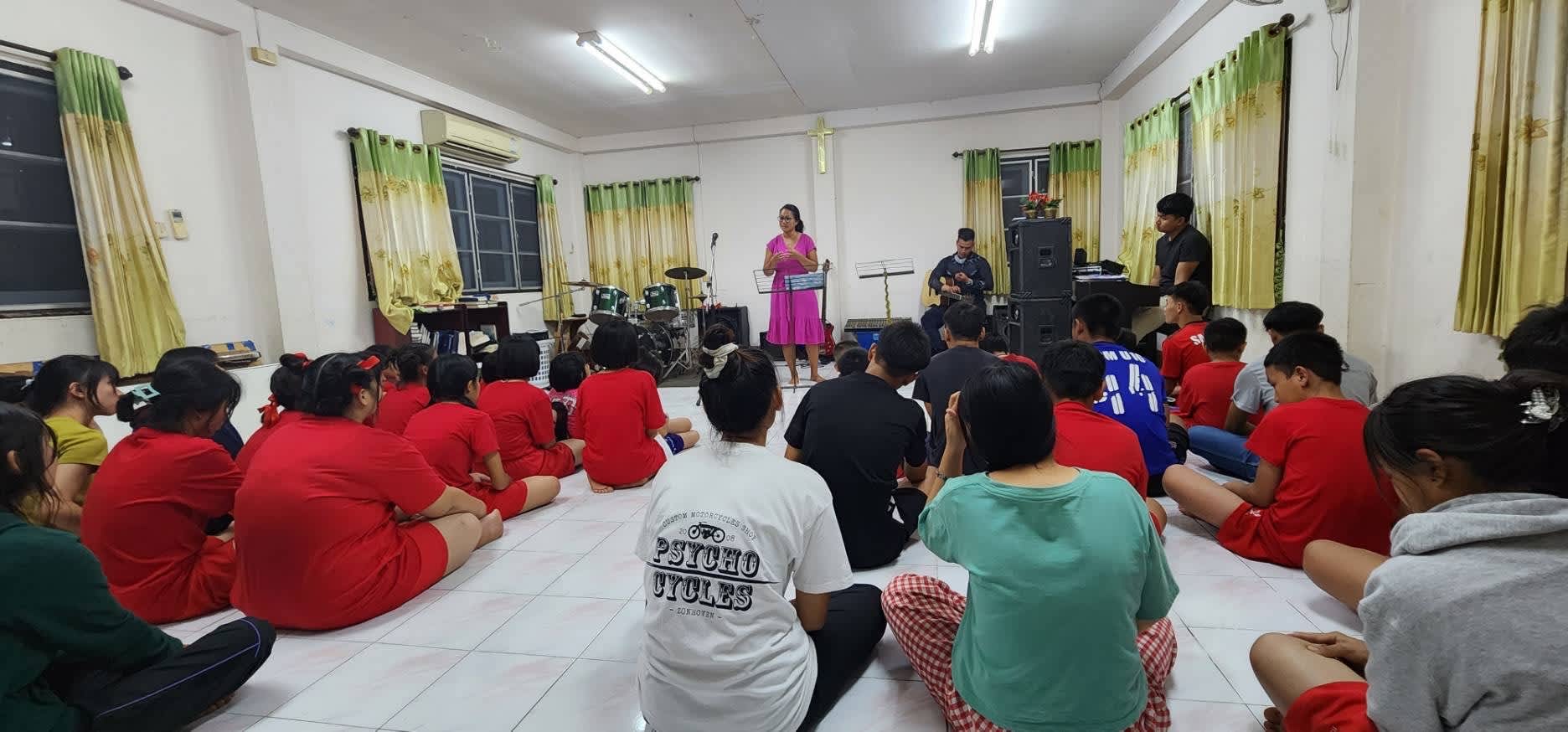
Haunted by dengue, she fights social inequities
Beatrice Loesch paused mid-sentence and removed her glasses. She swallowed hard and dabbed at her eyes. Even three decades later, she gets choked up talking about it.
Her mind shot back to when she was an 11-year-old girl studying at boarding school. She was called down to the principal's office and told that her foster mother – the woman who helped her escape poverty as an orphan in Thailand – was critically sick with dengue fever. They told Beatrice to go home immediately to see her.
“She looked like a skeleton,” she says. “The doctor sent her home because there was no cure. Thankfully, she recovered after a few months. But it was very emotional. I’m not sure how much hope I had.”
The blessing of education
Hope was a gift that her foster parents had given Beatrice when they met her a year earlier. Beatrice had been raised by her teenage aunt until the age of four. For the next several years, she lived with different caretakers. Her family couldn’t afford school, so she worked as a maid and a babysitter. When she was eight, Beatrice got a job working in the fields of Northern Thailand, picking vegetables. She lasted one day.
“I worked all day in the blazing sun, and was paid something like 50 cents,” she recalls. “I knew even then that wouldn’t help me escape poverty. I knew I needed an education.”
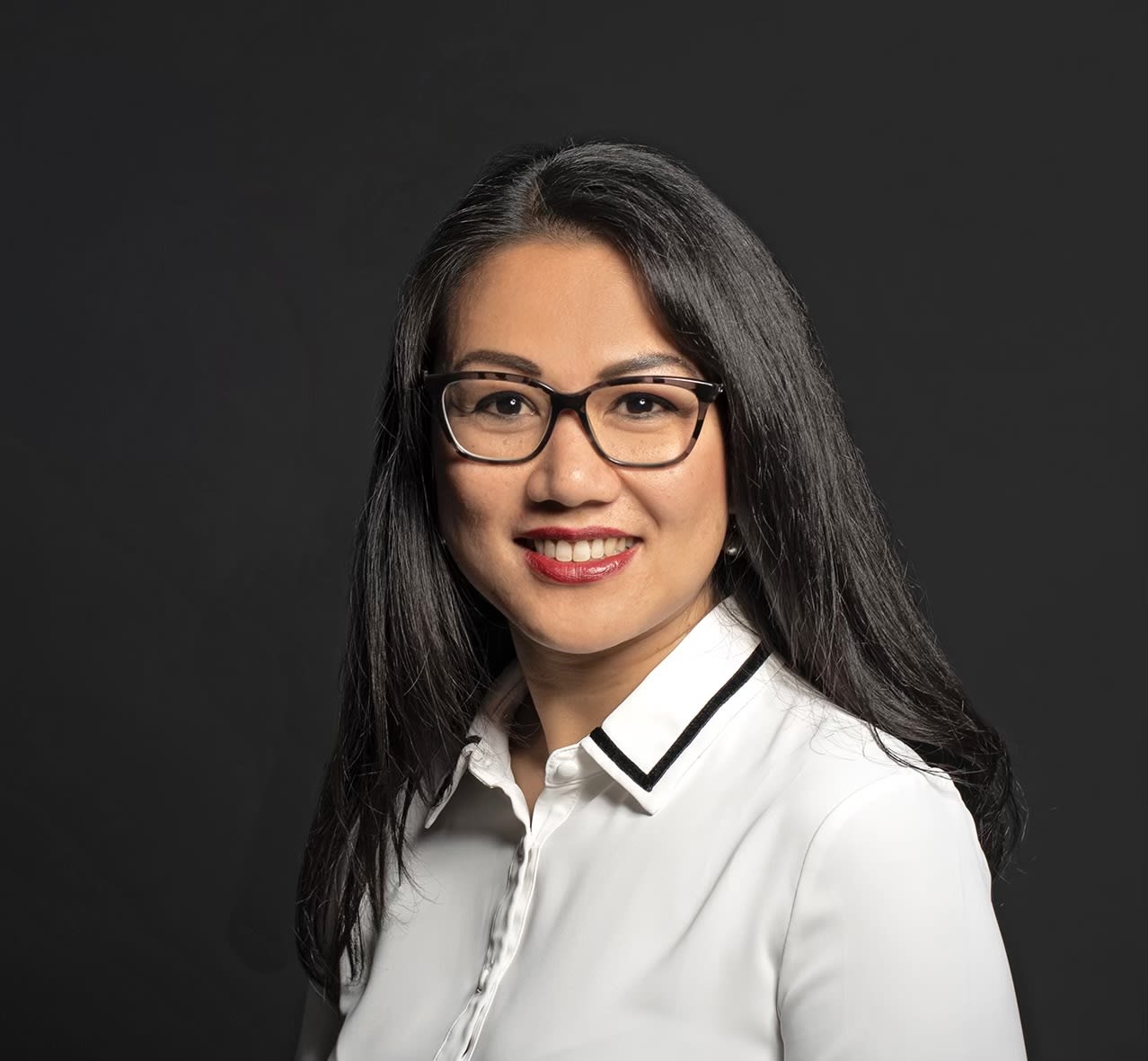
Beatrice Loesch, operational excellence deployment leader in Global Manufacturing and Supply.
She was fortunate to meet a German missionary family, the Loeschs, who took her in as a foster child and enrolled her in boarding school. At 14, she moved with the Loeschs to Germany, and two years later, they adopted her and she took their name.
She excelled academically, eventually earning master’s degrees in mechanical engineering and business administration. She worked in various project management positions for the first decade of her career before deciding she wanted to find a company that mirrored her values.
"This is exactly where I want to work”
Beatrice found that in Takeda. She was touched to learn about our efforts for equitable access for health care in emerging markets across the world. While researching the company in early 2022, she clicked on a YouTube link and discovered President and CEO Christophe Weber speaking about Takeda’s centuries-old beliefs that taking care of all people is the best way to take care of the business. She was taken by how our values were shaped by our heritage.
“He spoke about how 85% of the world lives in developing countries, but they are only 30% of the pharmaceutical market, and Takeda wanted to change that,” Beatrice says. “I said to myself, ‘This is a company that has lived its values for hundreds of years.’”
During her interview several weeks later, she learned that we would soon be debuting a dengue vaccine. She was wowed by our combination of building on our legacy by taking an innovative approach to problem solving.
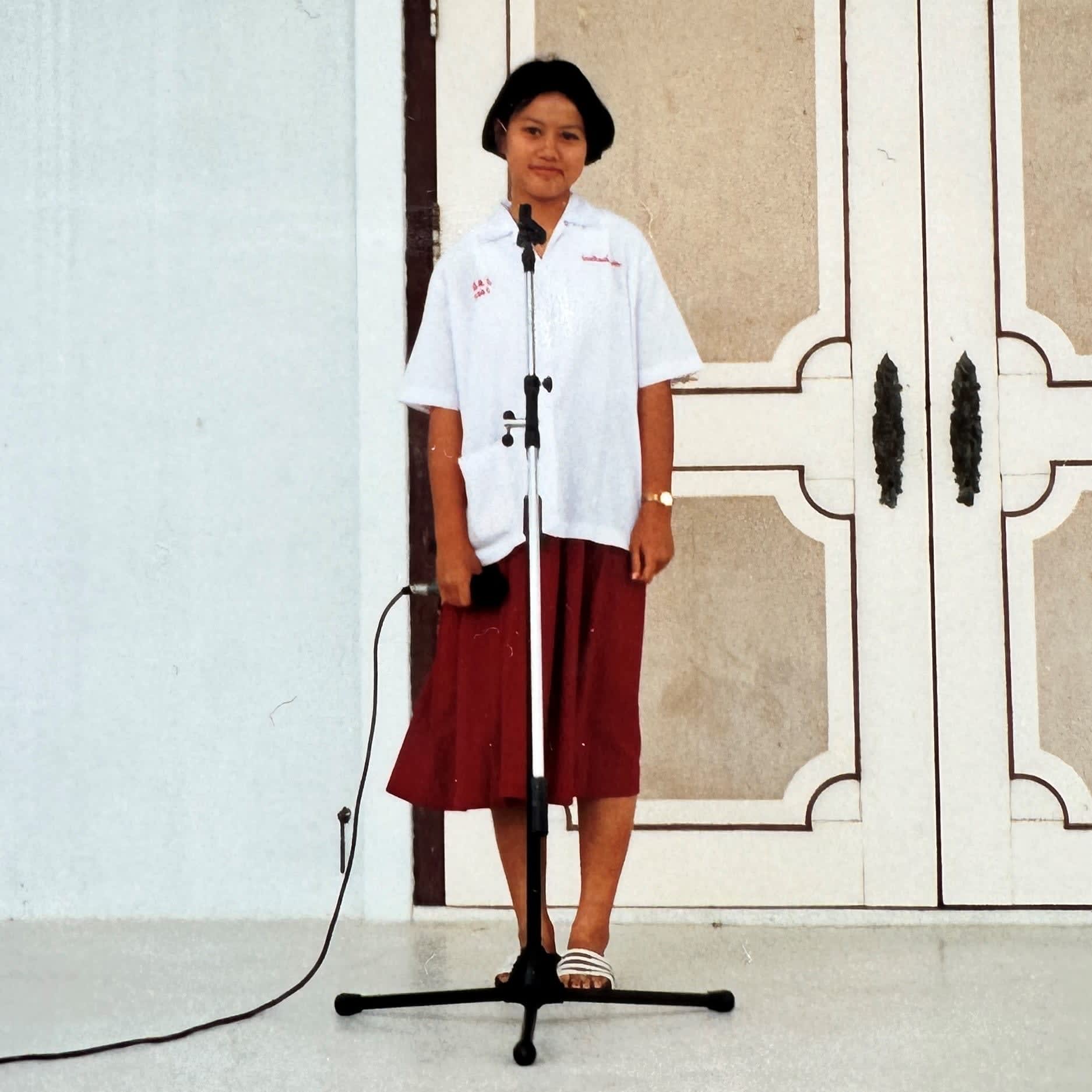
“I was blown away,” she says. “How meaningful and innovative. This is exactly where I want to work.”
“I said to myself, ‘This is a company that has lived its values for hundreds of years.’”¨
She was hired as an operational excellence deployment leader in Global Manufacturing and Supply in Zurich. Before she started in November 2022, she vacationed in Bali. While taking a yoga class there, one of the fellow students contracted dengue.
“That experience from my childhood flashed back again,” Beatrice says. “It was a terrible reminder that this disease is still a problem that needs solving.”
“Her personal story is what makes her stand out”
Her manager, Konstantin Popov, said Beatrice has proven to be a perfect match for his team.
“I think her personal story is what makes her stand out,” said Konstantin, the enterprise excellence business partner in the Small Molecules and Oncology Operating Unit. “Our core values and her core values are closely aligned.”
Beatrice’s values continue to translate into action, even outside of work. She has been working on her PhD in positive organizational behavior for the last five years (she’s hoping to defend her dissertation next month). Additionally, she is working on establishing a business focusing on social impact to help Thai orphans escape poverty through education and entrepreneurial skills. She helped them, for example, design, draw and produce holiday cards that they sold at a Christmas market.
A representative from Rotary International contacted her last summer to identify underprivileged children in Thailand to attend a camp in Finland to learn business and technology skills.
“He asked me if I could help select the kids since I knew them and the area,” she said.
The project has yet to materialize, however, because the Rotarian contracted dengue while traveling to Thailand last December.
“Unbelievable, right? It keeps appearing,” Beatrice says. “I’m so glad that I work for a company that is battling against this awful disease.”
Share this story

